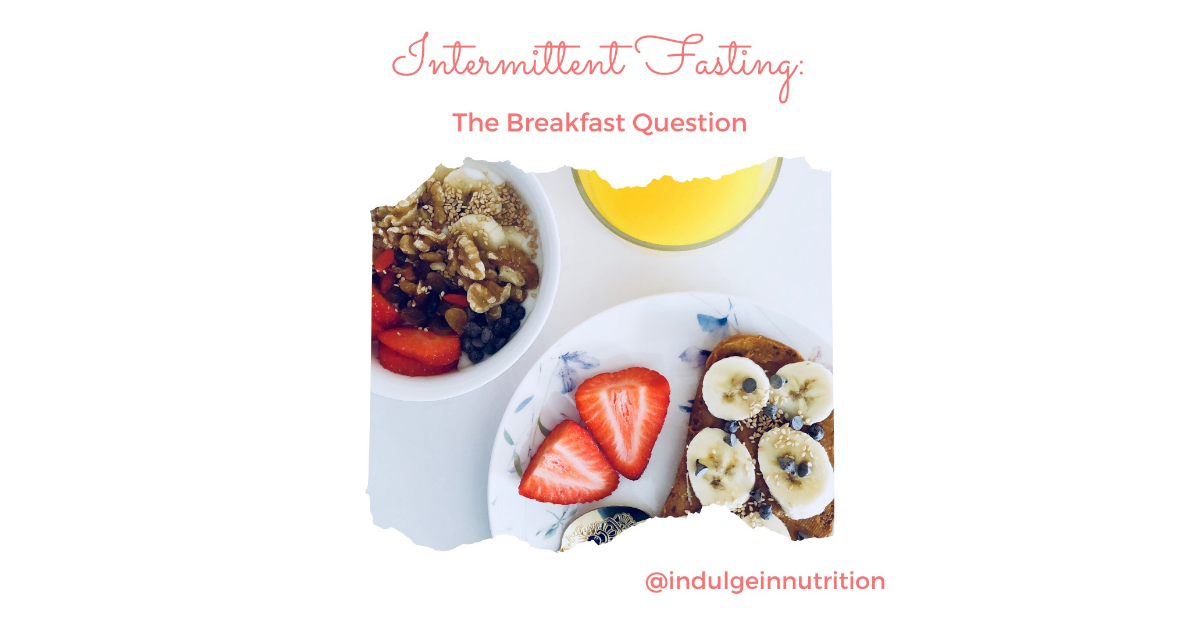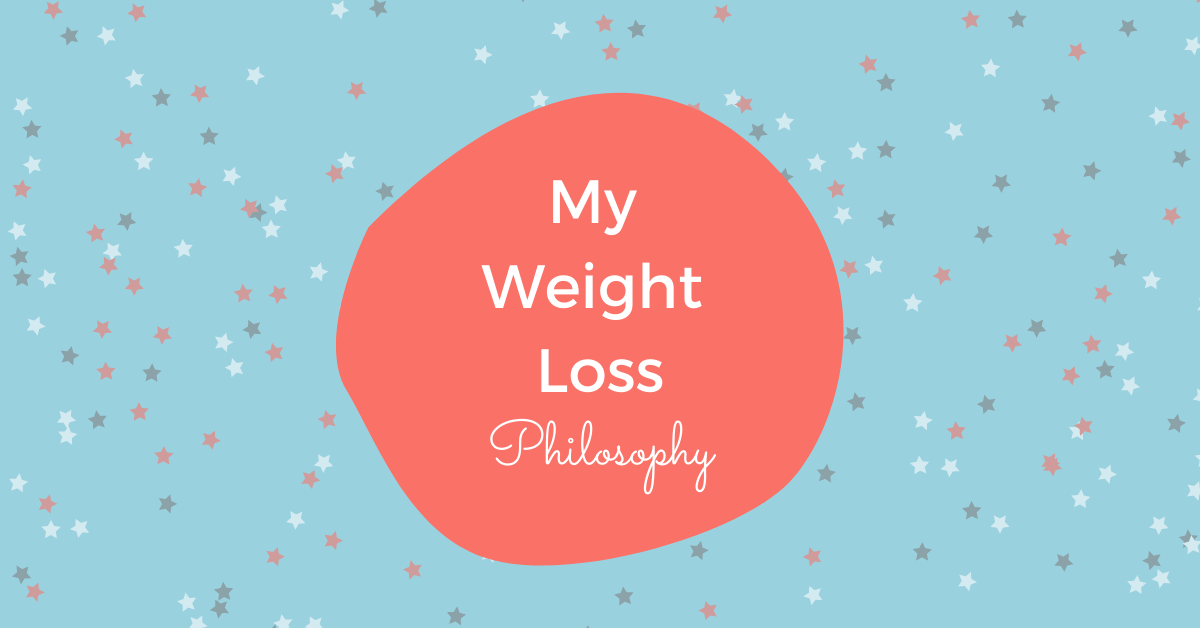
Pan-Grilled Chicken and Squash Nuggets
July 13, 2020
To Buy or Not to Buy: The Lowdown on Organic Foods
July 27, 2020
Boy, do I miss the homemade breakfasts my parents would make me as a kid! Pancakes, eggs, bacon, sausage, juice – my mouth waters just talking about it! “Breakfast is the most important meal of the day” as the saying goes. As a kid, skipping breakfast was never an option. Even if I was in a hurry to get to school, my mom would always toss me an apple or granola bar on the way out! Now that we’re all adults, the most important meal of the day seems to make its way to the back burner. Recently, skipping breakfast has been popularized under the term “intermittent fasting.” Let’s talk about the breakfast question: should it be skipped or embraced?
What is intermittent fasting?
Intermittent fasting, simply put, embodies a cycle of fasting and eating. It’s not a diet – just a pattern of eating that puts you on a schedule. There are many different methods that people use when implementing intermittent fasting, some of which involve skipping breakfast.
Why skip breakfast?
The whole point of breakfast is to “break a fast”; technically, even lunch can be a “break-fast.” Some forms of intermittent fasting put a person on a schedule of eating only in the afternoon and evening. One method involves eating during an eight-hour window (the 16:8 method); breakfast might not fall in this eight-hour window and thus get pushed to the side altogether. People who follow this may not get many of their daily calories and overall daily nutrients from breakfast, anyway.
What does the research say?
Research shows a lot of positivity about eating breakfast. If you’d like to read about some specific health benefits of “the most important meal of the day,” click here to check out my blog post about the importance of breakfast. In addition, here is a great article from 2013 emphasizing the importance of breakfast as a meal! Check it out!
Why intermittent fasting as opposed to other forms of weight loss?
Unlike other forms of weight loss, intermittent fasting focuses less on restricting specific food groups and more on restricting eating times, which some people might find more sustainable. People who aren’t willing to give up certain foods might find intermittent fasting to be more their speed.
Do you recommend this method?
Sorry, y’all – intermittent fasting is not something I recommend to clients. While this method may be less restrictive in some ways than others, intermittent fasting is still nonetheless restrictive and will probably not be sustainable long-term! At Indulge in Nutrition, I am all about helping women stay away from the pull of diet culture and find a real, lasting way to be their healthiest selves. Eating breakfast has so many benefits and deprivation is not the answer! However, it is still important to be informed about new diet trends and be aware of the pros/cons of these trends. Next time you think about skipping breakfast, think twice – breakfast is not the bad guy!



